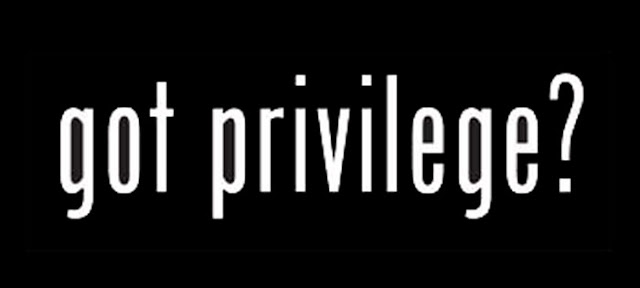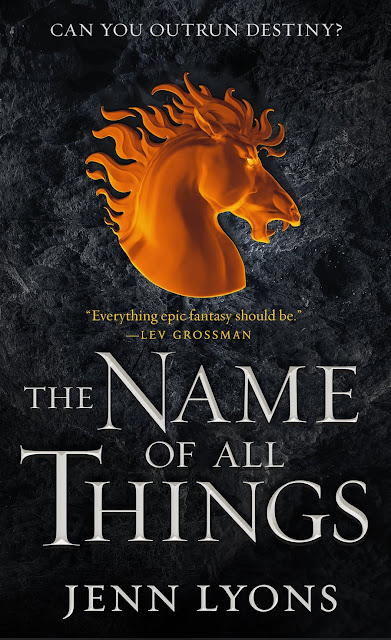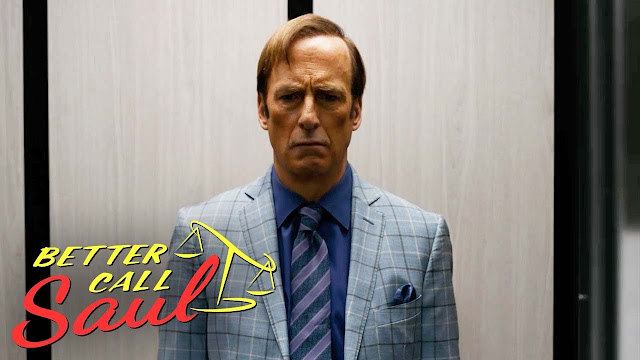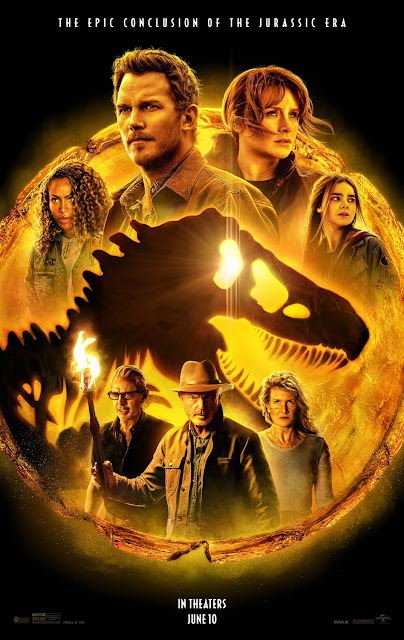The New York Times had an opinion piece featured yesterday in its paper called, "How I Build a Good Day when I'm Full of Despair at the World." Seeing as I've experienced some of that lately, I decided to read. The author is Mary Pipher. I'm not familiar with their body of work. But one thing came across instantly: they have astounding privilege and wealth. The piece was immediately what I would brand "tone deaf." I actually busted out laughing by the end of the second paragraph. Below are those paragraphs, for your reading pleasure.
In the morning, I sit with a cup of coffee and organize myself for the day. I watch the sunrise over the lake by my home and I listen to the sounds of the sparrows and wrens. Orioles come and go from our grape jelly feeder and each one makes me smile. I breathe deeply for 10 breaths to ground myself in my body. I remind myself of my many blessings and set my attitude to positive. My old calico, Glessie, sits by my side. Even though I am ragged with grief at the news of the world, I am ready to face whatever happens next.
Over the decades, I’ve acquired skills for building a good day. Especially in the summer, when I can swim, work in my garden, attend outdoor concerts and read in my hammock, life is fun. I have work I enjoy — sponsoring an Afghan family, participating in an environmental group and writing.
Wow! I think I finally understand what conservatives have been telling me for years: that liberals are tone-deaf and smug. I (who identify as liberal and vote democrat) always grew up in Trump country. So I never encountered tone-deaf and smug liberals. Those few liberals I actually got to know who believed as I did about what was right and what was wrong were usually raised in the same way as me. In other words, we went through heaps of trauma, and many live paycheck to paycheck. But we are the gun-totin' liberals, raised by Republican parents. I've used a shotgun to kill ducks and put down other animals. I've slung hay and moved pipe on the farm for years. I've plowed thousands of acres of dirt on countless weekends. I'm not the liberal who was raised to paint and perform music with the viola. I'm the liberal who had three jobs to afford a car.
We don't have lakes in our backyards to take a swim. There is no hammock strung between pines, and we don't have orioles eating from the grape jelly feeder. Many of us have 600 square foot apartments with no windows and no access to natural light, surrounded by baking asphalt in 100 degree heat, and who have to work at lousy jobs 40 hours or more a week. There are no sounds of the sparrows and the wrens, no time to sit around writing poetry or sponsoring an Afghan family. I couldn't believe this piece that I was reading, and I couldn't help but think that this "Mary Pipher," whoever she is, has lived an entitled existence.
So in full satire of this piece in the New York Times, I decided I'd take a shot at writing an out-of-touch and tone-deaf advice column, and offer all of you some advice that will solve all of your problems. So, here goes:
1) If you are struggling with financial instability, have you thought about starting a multi-billion dollar company today? By Friday, all your problems will be yesterday's news.
2) If you want a beautiful partner, you should just go out and get one today. Stop waiting. Just do it.
3) In my area, the great Salt Lake is drying up and is 1/3 of its size. We should just fill it with ocean water. Easy peasy. Done!
4) If you struggle with car breakdowns, what you need to do is just buy a brand new car every year. Problem solved.
5) If it is too hot where you live, go and stay in your home in Ireland. You will love it this time of year.
6) If long lines at the airport are not your thing, fly your private jet instead. Being in a private jet will also give you more "me" time to destress yourself.
7) If you are a writer who is struggling to sell books, have you considered just being famous? Just do it. You won't regret it.
8) If you are worried about access to clean air for your children, you should take them skiing in Vermont. It's a great way to get some fresh air.
9) If you are worried about college admissions for your child, here's a secret: donate five million to the university you want them to attend. More than likely, they will get right in.
10) If you are worried about being too old and tired when you finally retire, my advice is to retire when you are 30. Think of all the energy you'll have to do the wonderful things you want to do.
There! That was easy! Look at all of the answers I have provided you to common problems. I'm going to cut it off here, but if you want me to give you some really tone-deaf and "out of touch" advice, just leave your question in the comments below. Also, how did I do? Was this advice helpful? Thanks for visiting.












